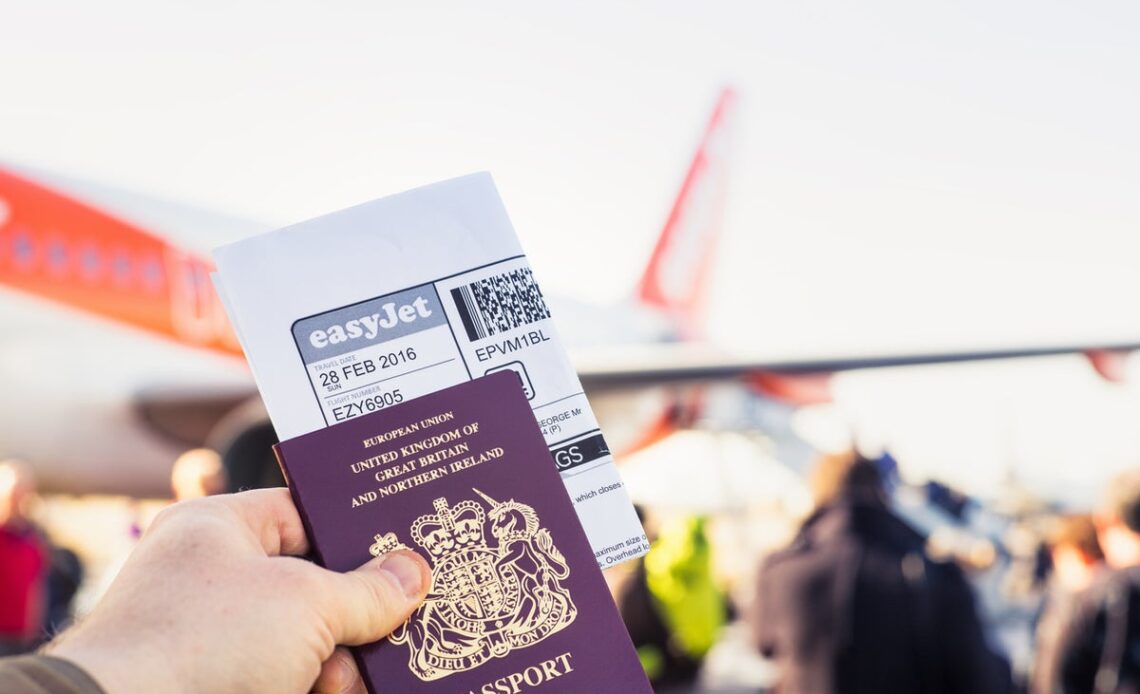Since Brexit, the rules on passport validity for British visitors to the European Union have tightened.
These are the key questions and answers based on EU rules.
What’s changed?
While the UK was in the European Union, British passports were valid up to and including their expiry date for travel within the EU. But since the end of the Brexit transition phase, British passport holders are treated as “third country nationals” with stipulations about passport issue and expiry dates – together with limits on the length of stay almost everywhere in Europe.
For the avoidance of doubt, these are not “new EU rules” – they were decided while the UK was in the European Union.
What is required for my passport to be valid?
The requirements for the Schengen Area – comprising most EU countries plus Switzerland, Norway, Iceland and a handful of micro-states – are crisply expressed on the Travel page of the European Union’s Your Europe site: “If you are a non-EU national wishing to visit or travel within the EU, you will need a passport:
- valid for at least three months after the date you intend to leave the EU country you are visiting,
- which was issued within the previous 10 years.”
(All children’s passports meet this latter condition – see below.)
Why the line about ‘issued within the previous 10 years’?
For many years, until September 2018, the UK had a generous policy of allowing credit for “unspent” time when renewing a passport, issuing documents valid for up to 10 years and nine months.
So a passport issued on 31 October 2012 could show an expiry date of 31 July 2023.
This was fine around Europe and the world for decade – until Brexit, whereupon a longstanding rule kicked in. For non-members of the EU hoping to enter the Schengen Area, a passport must have been issued in the past 10 years.
With a passport issued on 31 October 2012, regardless of the expiry date, you will not be allowed to enter the EU from 1 November 2022.
Until September 2018 the government appeared unaware of the problem. Once the issue was identified, the practice of giving up to nine months’ grace ended abruptly.
Are the “issued less than 10 years ago” and “valid for three months” rules combined?
No. There is no need to have a passport issued less than nine years, nine months ago. The two conditions are independent of one another.
The Migration and Home Affairs Department of the European Commission in Brussels told me: “Entry should be allowed to those…
Click Here to Read the Full Original Article at The Independent Travel…
